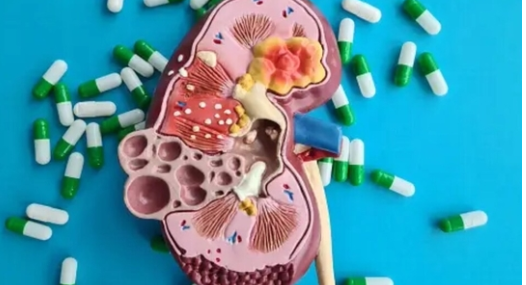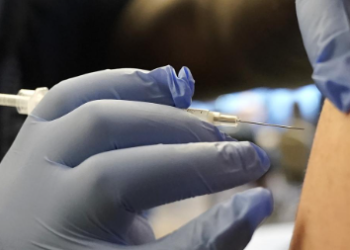As the world grapples with the environmental fallout of plastic usage, medical experts are raising alarms about its potential health risks, particularly concerning kidney function. Recent studies and expert opinions suggest that prolonged exposure to certain chemicals found in plastics could pose significant hazards to kidney health.
Plastics, ubiquitous in daily life, contain various chemicals such as phthalates and bisphenol A (BPA). These chemicals are known to leach into food and beverages from plastic containers, especially when exposed to heat or prolonged storage. Once ingested, these substances can interfere with the body’s endocrine system and potentially lead to a range of health issues.
Dr Anil Kumar, a nephrologist at the All India Institute of Medical Sciences (AIIMS), highlights the risks: “Phthalates and BPA have been shown to disrupt hormonal balance, which can adversely affect kidney function. Chronic exposure to these chemicals has been linked to an increased risk of kidney diseases, including nephropathy and chronic kidney disease (CKD).”
Supporting this view, Dr. Priya Sharma, a toxicologist, adds, “Studies indicate that these chemicals can lead to oxidative stress and inflammation in the kidneys. While the direct causal relationship is still under investigation, the existing evidence is compelling enough to warrant caution.”
Research conducted by various institutions has pointed to a correlation between plastic chemical exposure and kidney damage. A study published in the Journal of the American Society of Nephrology found that higher levels of BPA in the body were associated with a greater risk of CKD. Another study from the University of Rochester Medical Center suggested that phthalates could lead to significant kidney damage, especially in individuals with pre-existing health conditions.
Given these concerns, health experts recommend taking practical steps to minimize exposure to harmful chemicals from plastics. Dr. Kumar advises, “Avoid using plastic containers for hot food or beverages. Opt for alternatives such as glass, stainless steel, or BPA-free plastics. Also, reduce the use of plastic wrap and plastic bottles, especially for long-term storage.”
Dr. Sharma emphasizes the importance of public awareness: “People need to be informed about the potential risks. Reading labels and being cautious about the types of plastics used in everyday life can make a significant difference.”
While research continues, there is a growing call for stricter regulations on the use of harmful chemicals in plastic products. Some countries have already banned BPA in baby bottles and other products, but broader measures are necessary to protect public health comprehensively.
Environmental activist groups are also advocating for more sustainable alternatives to plastic, highlighting that reducing plastic usage can have dual benefits for both environmental and human health.
The potential link between plastic usage and kidney health is an emerging area of concern that warrants further research and public awareness. As evidence mounts, both individuals and regulatory bodies need to take proactive steps to mitigate these risks. By making informed choices and pushing for safer alternatives, the public can help reduce the potential hazards associated with plastic exposure.
(HT)








 India
India












